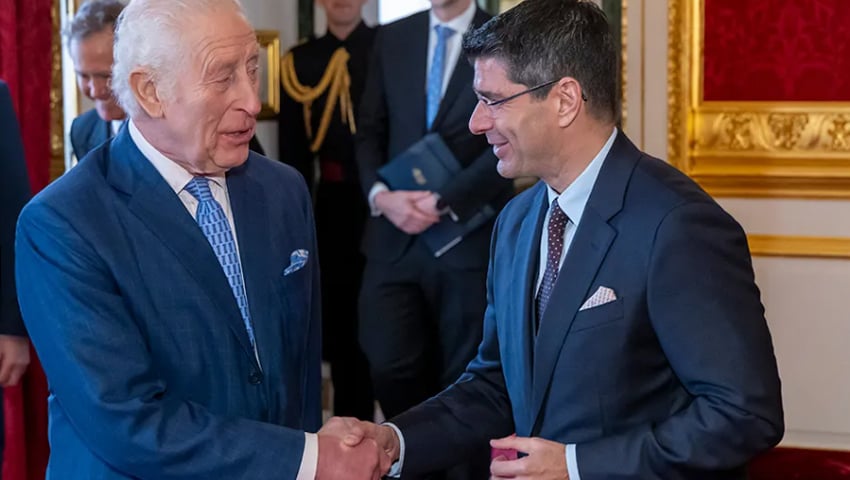Towards the end of last year, a hundred business leaders, scientists and indigenous leaders from across the world came together to accelerate the move towards a nature-first economy at an event hosted by The King in London.
The event, which marked the UK launch of the Circular Bioeconomy Alliance (CBA), focussed on how communities, and industries such as fashion, food and pharma can embrace new nature-based approaches.
Reimagining nature finance is crucial to catalyse this economic transformation, and the event focused on exploring new approaches. Participants discussed the need to Re-Nature, Re-Think and Re-Activate to create an ecosystem that connects international companies, local stakeholders and the finance industry to holistically redesign supply chains around regenerative landscapes.
Marc Palahí, CEO of the Circular Bioeconomy Alliance, said, “Nature is the keystone infrastructure regulating our planetary system, including its climate, the food we eat, the water we drink and the oxygen we breathe. Nature is also the basic fabric supporting all our economic activities, even if our economic system fails to value it because bees, birds and trees do not send bills to us.
“It is time to reimagine our world and centre it around Nature – our most important capital and the basis for human health and wellbeing. This requires understanding, valuing and investing in Nature to transform our economy rather than to offset for its failure. We have the knowledge and technology for this transformation, we just need the wisdom and mindset to do it.”
At the event The King met with experts and companies and investors working to accelerate the transition towards nature-positive businesses in sectors such as food, fashion, health, tourism and the built environment.
The event saw the CBA announce the launch of two new pioneering Living Labs, to demonstrate how to holistically create regenerative landscapes and nature-positive supply chains in symbiosis with local communities and indigenous people.
A regenerative fashion initiative in India will focus on landscape restoration for sustainable cashmere, supported by Brunello Cucinelli, while a nature-based medicinal plant production in Italy, will be supported by Aboca.
Other new initiatives encompass educational initiatives in the Amazon and Australia, bio-architecture in Bhutan, as well as continuing work building resilient landscapes, communities and value chains in Africa and Europe.
Uyunkar Domingo Peas Nampichkai, President of the Amazon Sacred Headwaters Alliance, said, “We applaud the Circular Bioeconomy Alliance for supporting the Living School of the Amazon to help train and prepare the future indigenous governors and stewards of our rainforest territories. Through this year long leadership training program, our youth will be able to gain a deep commitment to the defence of their rainforest territories, their rights and their life ways and learn the practical skills necessary to successfully implement critical programs for food security and for rights-based forest conservation and restoration.”
Photo: His Royal Highness with Marc Palahí, CEO of the Circular Bioeconomy Alliance. Credit: Ian Jones
